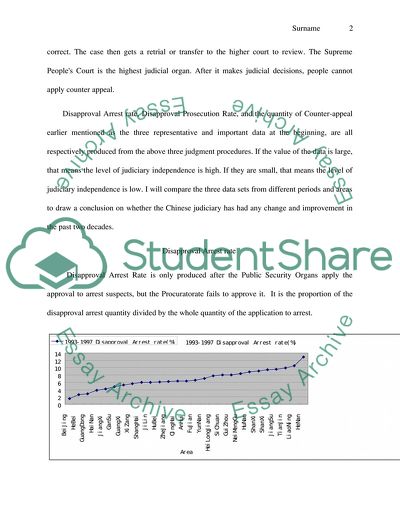Cite this document
(“Chinese judiciary independence Essay Example | Topics and Well Written Essays - 1750 words”, n.d.)
Chinese judiciary independence Essay Example | Topics and Well Written Essays - 1750 words. Retrieved from https://studentshare.org/social-science/1679997-chinese-judiciary-independence
Chinese judiciary independence Essay Example | Topics and Well Written Essays - 1750 words. Retrieved from https://studentshare.org/social-science/1679997-chinese-judiciary-independence
(Chinese Judiciary Independence Essay Example | Topics and Well Written Essays - 1750 Words)
Chinese Judiciary Independence Essay Example | Topics and Well Written Essays - 1750 Words. https://studentshare.org/social-science/1679997-chinese-judiciary-independence.
Chinese Judiciary Independence Essay Example | Topics and Well Written Essays - 1750 Words. https://studentshare.org/social-science/1679997-chinese-judiciary-independence.
“Chinese Judiciary Independence Essay Example | Topics and Well Written Essays - 1750 Words”, n.d. https://studentshare.org/social-science/1679997-chinese-judiciary-independence.


